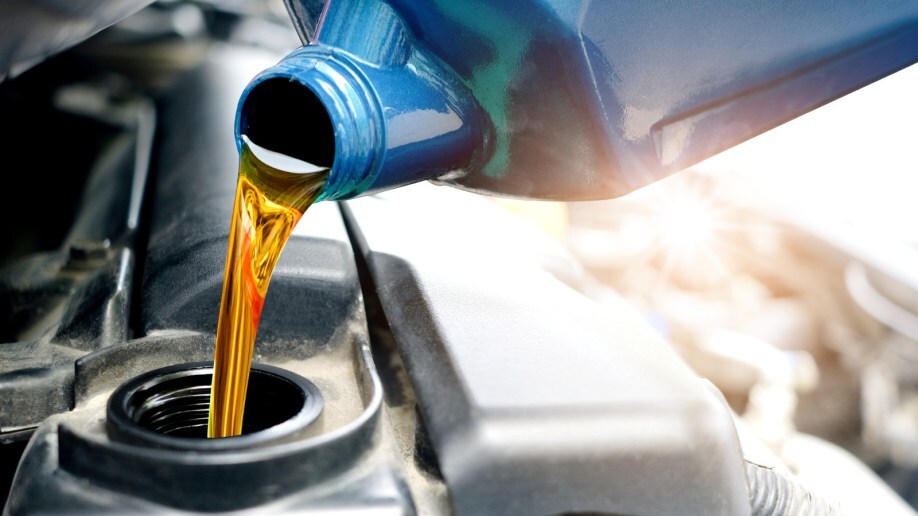Choose efficiency with our Oil Change Lockhart.
Choose efficiency with our Oil Change Lockhart.
Blog Article
Maximize Your Car'S Efficiency With Normal Oil Adjustments
Maintaining your lorry's performance is a diverse endeavor, with normal oil changes standing out as a critical aspect. Fresh engine oil plays a critical role in making sure optimal lubrication, decreasing friction, and protecting against wear on essential elements. Many motorists ignore the indicators that show a demand for an oil change, possibly endangering their car's durability.
Value of Regular Oil Modifications
While lots of cars and truck proprietors might neglect the relevance of routine oil changes, ignoring this essential maintenance task can cause severe repercussions for engine efficiency and durability. Engine oil plays a vital duty in lubricating relocating parts, reducing rubbing, and avoiding getting too hot. Gradually, oil weakens as a result of exposure to warm and pollutants, which decreases its efficiency.
Stopping working to change the oil consistently can result in the buildup of sludge and particles, which can obstruct vital engine components and bring about enhanced wear. This not just compromises engine efficiency yet can likewise cause expensive repairs or even total engine failing. In addition, old oil loses its ability to counteract acids generated throughout combustion, which can result in rust and more damage.
Furthermore, several car producers suggest certain oil adjustment intervals, typically based on gas mileage or time. In recap, regular oil adjustments are not merely an idea; they are a crucial component of accountable vehicle maintenance that secures the engine and improves overall performance.
Benefits of Fresh Oil
Changing to fresh oil provides numerous advantages that directly improve engine performance and effectiveness. New oil minimizes friction in between engine parts, which not just decreases wear yet likewise contributes to smoother procedure.
Furthermore, fresh oil properly cleans up the engine by putting on hold pollutants and protecting against sludge accumulation. With time, oil ends up being contaminated with dirt, steel particles, and combustion results. On a regular basis changing oil ensures that these harmful substances are gotten rid of, promoting a cleaner and much healthier engine setting.
Additionally, fresh oil aids in optimal temperature level regulation. It dissipates warmth extra efficiently, stopping overheating and prospective damage to engine components. This is especially vital throughout peak efficiency scenarios, where warmth accumulation can impair engine functionality.
Signs Your Oil Requirements Changing
Engine oil is the lifeblood of your vehicle, and acknowledging when it needs changing is critical for maintaining optimal performance - Oil Change Lockhart. A number of signs show that it's time for an oil adjustment, and staying vigilant can avoid engine damages and expensive repair work
First, examine the shade and consistency of the oil. Fresh oil is typically amber and smooth, while old oil may show up dark and abrasive, indicating contamination and lowered effectiveness. A modification in thickness can also symbolize that the oil has actually broken down and is no more properly lubing engine parts.

Another indication is the oil adjustment light on your dashboard. This alert offers as a suggestion that the oil has reached its lifespan or that there is a hidden concern needing attention. In addition, unusual engine sounds, such as knocking or ticking, might recommend not enough lubrication as a result of abject oil.
Last but not least, if you notice oil spots or puddles under your car, it might suggest a leakage that necessitates prompt evaluation and possible oil adjustment. Being attentive to these signs will ensure your engine operates smoothly and effectively.
Selecting the Right Oil
Choosing the proper oil for your automobile is crucial for guaranteeing optimum performance and long life. Engine oils are available navigate to this site in different kinds and viscosities, each formulated to meet particular requirements. The first consideration should be the manufacturer's referrals, which can typically be located in the proprietor's guidebook. This support will direct you toward the proper viscosity grade, such as 5W-30 or 10W-40, which shows the oil's density at different temperatures.
Following, think about the sort of oil: standard, artificial, or a blend. Standard oil is stemmed from petroleum and appropriates for older vehicles, while synthetic oil provides remarkable protection and efficiency for contemporary engines, especially under severe conditions. Artificial sites blends integrate the advantages of both and are commonly a cost-effective choice.
Furthermore, try to find oils that fulfill market standards, such as API (American Oil Institute) or ACEA (Association des Constructeurs Européens d'Automobiles) qualifications. These indicators make certain that the oil has been examined for quality and efficiency. Ultimately, selecting the right oil not just boosts engine effectiveness yet also adds to the overall wellness of your vehicle, leading the way for smoother driving experiences.
Oil Change Regularity Recommendations

Elements influencing oil modification regularity include driving problems, such as stop-and-go web traffic, severe temperatures, and lugging heavy lots. Under severe problems, it might be sensible to transform the oil a lot more frequently to stop engine wear. Additionally, some contemporary lorries come geared up with oil life surveillance systems that offer tailored recommendations based upon driving behaviors, click to read more which can even more maximize the oil change routine.
It's critical to consult your owner's manual for specific recommendations customized to your car. Following these standards not only protects engine wellness but also enhances fuel effectiveness and lowers emissions. In final thought, normal oil changes, timed appropriately based on different variables, are a fundamental aspect of car maintenance that can dramatically influence performance and longevity.
Conclusion

Report this page